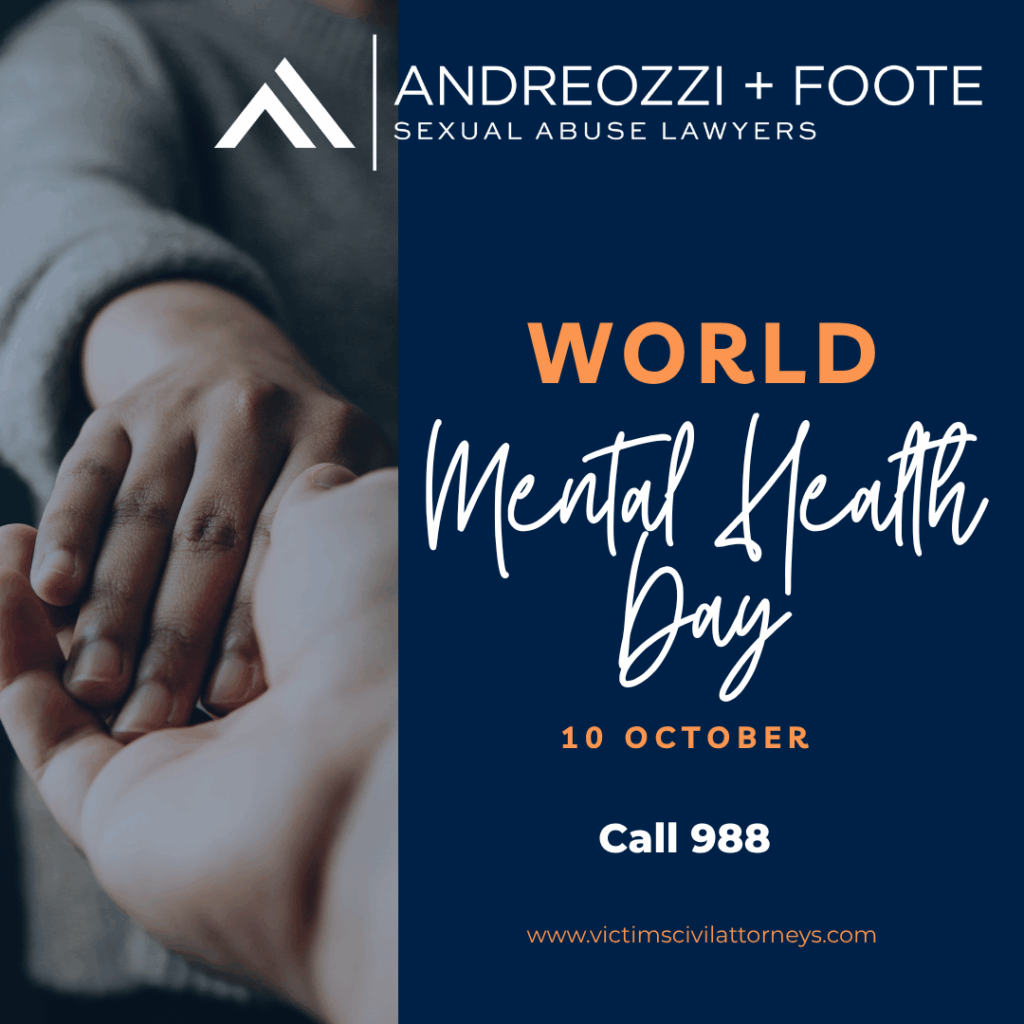Today is World Mental Health Day, a moment to pause, reflect, and remind ourselves that mental health is not a one-day awareness campaign it’s a daily practice. As someone who has lived through trauma, addiction, and the long road of recovery, I can tell you: healing is not linear. Some days are heavy, some are beautiful, and most fall somewhere in between.
For years after my own abuse, I carried shame like armor. I thought if I stayed busy enough, accomplished enough, or helped enough other people, maybe I wouldn’t have to face my pain. But trauma has a way of whispering until it screams. It wasn’t until I began to address my own mental health with intention therapy, medication, movement, mindfulness that I started to understand what true healing feels like.
Healing Requires Courage. Not Perfection
If you are living with the aftereffects of trauma, please know this: needing help does not mean you are broken.
Taking medication does not mean you are weak.
Resting does not mean you are lazy.
We must normalize the full spectrum of what healing looks like including therapy, medication, support groups, and community.
Take medication.
Meditate.
Write.
Cry.
Laugh.
All of it is healing.
Daily Tools to Support Your Mental Health Journey
From my books and the Awakening curriculum, I’ve learned that healing happens in small, consistent actions. Here are a few practices I return to again and again because recovery isn’t a destination, it’s a rhythm.
1. Start Your Day with Awareness
Before you pick up your phone, check in with yourself. How’s your breath? Your body? Your mind? Try one of my Awakening Blackout Girl journaling prompts:
“What emotion is sitting closest to the surface right now and what does it need from me?”
2. Move Energy Through Your Body
Trauma lives in the body. Movement whether it’s yoga, walking, dancing, or stretching helps release what words cannot. I talk about this often in my Meditation for the Formerly Feral series: our bodies remember everything, and they also hold the power to let it go.
3. Normalize Taking Medication
Let’s remove the stigma. If your doctor recommends medication to help stabilize your mood or reduce anxiety, that’s a medical treatment no different than insulin for diabetes or glasses for vision. Healing is not about “going it alone.” It’s about giving yourself every possible tool to feel whole.
4. Use Your Voice, Even When It Shakes
Talk to someone. Write in your journal. Reach out to a therapist or support group. Silence keeps trauma alive; speaking it begins to set you free.
5. End Your Day with Compassion
Healing from abuse and living with mental health conditions takes immense courage. End your day with gratitude for simply surviving it. Try this:
“Today I chose myself. That’s enough.”
On World Mental Health Day, You Are Not Alone
Every day, I meet survivors who think they are the only ones struggling and every day, I remind them they are not. We live in a world that praises resilience but rarely honors rest. Today, let’s do both.
If you’re struggling, reach out. Call 988. Talk to a friend. Message a therapist. Read Blackout Girl or Awakening Blackout Girl and see your own strength reflected back at you.
Healing is messy. It’s magnificent. And it’s possible one breath, one boundary, one brave act of self-care at a time.


